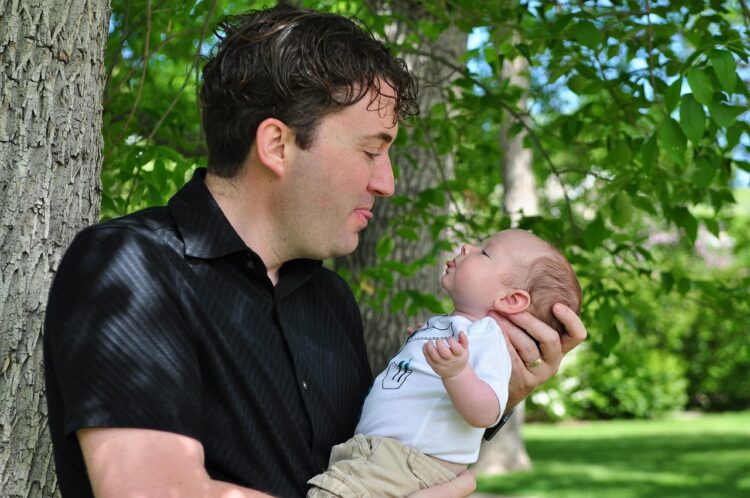
There’s a calm that comes with parenting when you’re older. You don’t flinch at the noise, and you don’t obsess over every rule. You’re slower to judge and quicker to listen. The pressure to “get it right” isn’t as loud anymore. Instead of rushing through it, you sit with it. You notice things. You let things go. You know now—being present means more than being perfect.
You’ve got more patience than before.
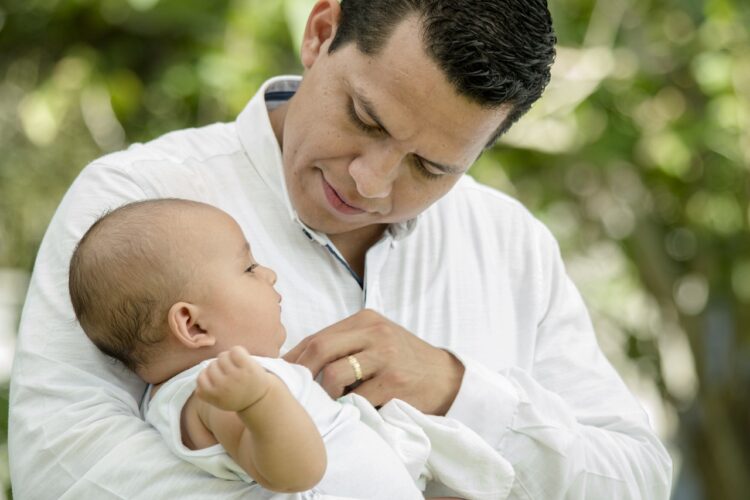
The small stuff doesn’t rattle you like it used to. A spilled drink, a tantrum, a sleepless night—it’s not ideal, but you don’t lose your cool. You’ve been through enough to know things pass. You take a breath, step back, and deal with it without turning it into chaos. That calm response? It changes the energy in the room. And your kids feel it, too.
You don’t feel like you’re missing out.
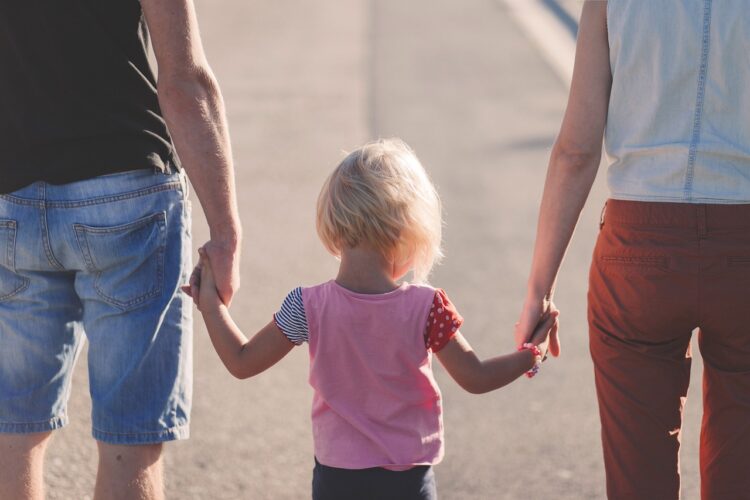
Back then, parenting came with FOMO. Friends were traveling, chasing promotions, and staying out late. Now? You’ve done that. You’re not wondering what else you could be doing. Being home, reading a bedtime story, or just sitting beside them—it feels enough. You’re not trying to balance two lives anymore. You’ve already lived your “before,” and now, this is where you want to be.
You pick your battles differently.
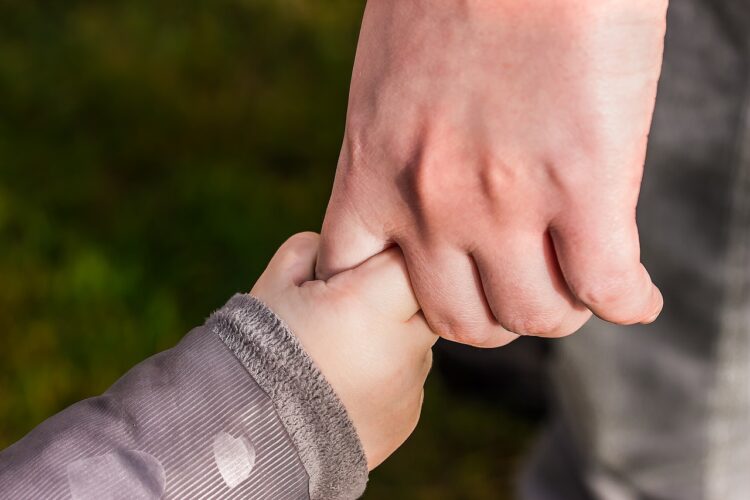
Not every hill feels worth dying on. Socks that don’t match? Fine. A weird lunch request? Let it go. You’re not trying to win every argument—you’re trying to raise someone who feels heard. You know which rules actually matter and which ones just cause stress. There’s more peace and fewer power struggles. And surprisingly, your kids learn faster when you don’t fight over everything.
Your energy comes in shorter bursts.

You’re not running on the same fuel anymore. A day at the park can wipe you out. Late-night wakeups hit harder. But you plan around that. You pace yourself. You do less, but you do it with focus. And when you need rest, you don’t feel guilty about it. It’s not about keeping up anymore—it’s about showing up in a way that works for both of you.
You’re more tuned into their emotions.
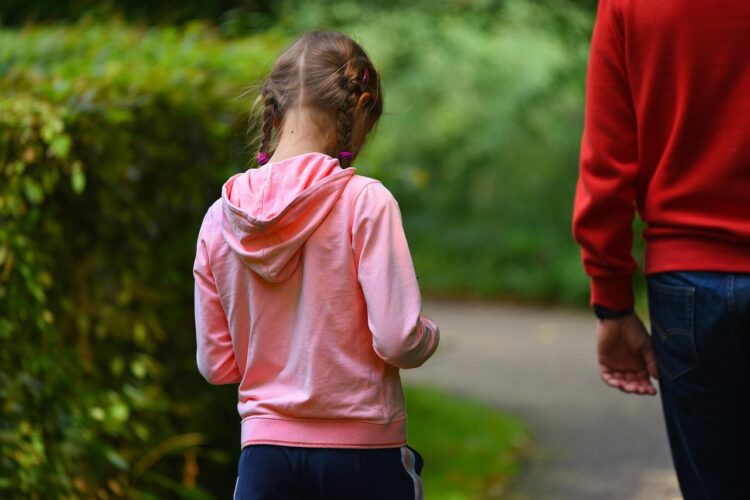
Older parents notice things quicker. A change in mood, a quiet moment, a pause before they speak—you catch it. You’ve spent years learning how to read people, and now you’re using that to stay close. They don’t need to shout or act out to get your attention. You’re already watching, listening, and checking in. And that kind of awareness helps them feel seen before they even ask.
You don’t need to prove anything.
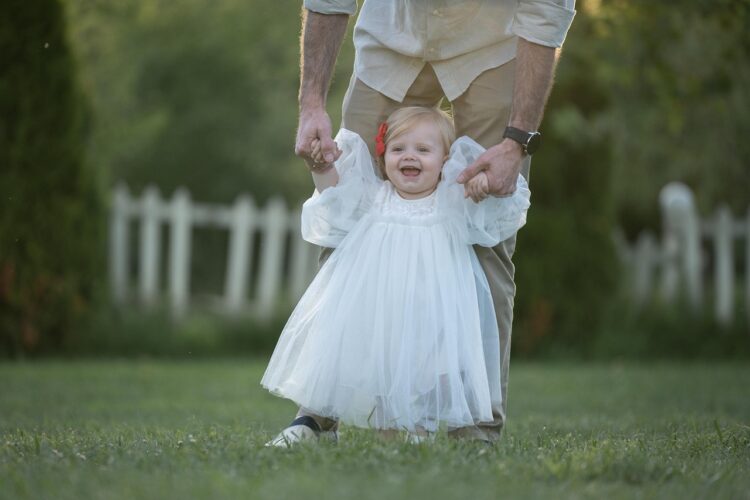
You’re not parenting to impress anyone. Not your friends, not the neighbors, not social media. You’ve let go of the pressure to be perfect. If your house is messy, so what? If your kid throws a fit in public, you deal with it and move on. You know what matters. Your parenting isn’t performative anymore—it’s just real. And that makes it feel easier, even when it’s hard.
You’re more honest about how hard it gets.
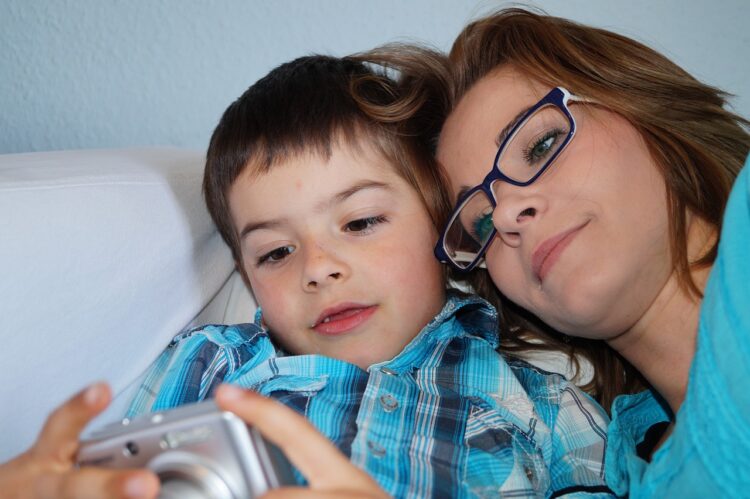
There’s no sugar-coating. If it’s tough, you say so. If you’re tired, you admit it. Younger parents might feel the need to stay upbeat or make everything look easy. But you’ve learned that honesty is strength. You don’t hide the challenges—you talk about them. And that openness helps you connect better with other parents, your partner, and most importantly, your kids.
You take the long view.
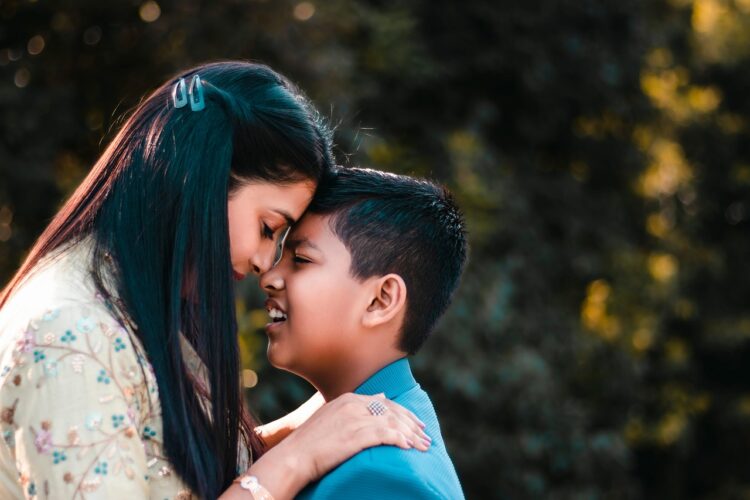
You’ve seen how fast it all moves. One minute, they’re learning to crawl. The next, they’re asking big questions. You don’t panic over every mistake or setback. You know this is a long road, and kids need space to grow at their own pace. When you step back and see the bigger picture, it’s easier to let go of worry. You just stay steady and keep showing up.
You know when to ask for help.
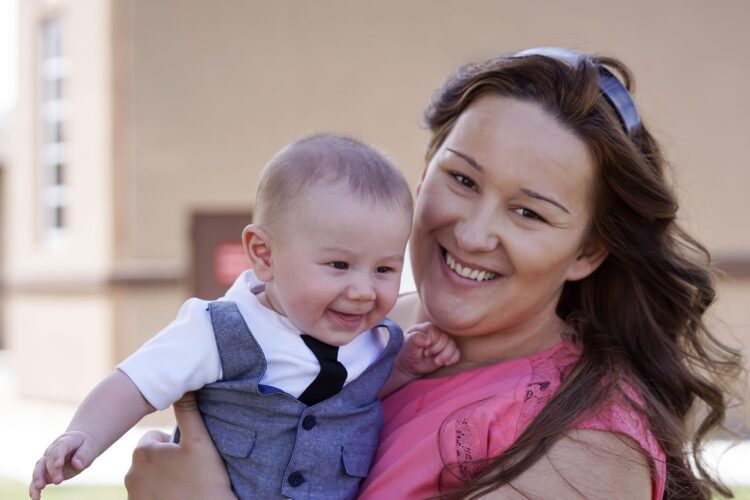
You’re not afraid to say you need a break. Or admit when something’s beyond you. That pride younger you held? It’s softened. You ask for support without feeling like a failure. Whether it’s calling a friend, getting a sitter, or asking a teacher for insight—you reach out. Not because you can’t do it alone but because you’ve learned you don’t have to.
You’ve made peace with not knowing everything.
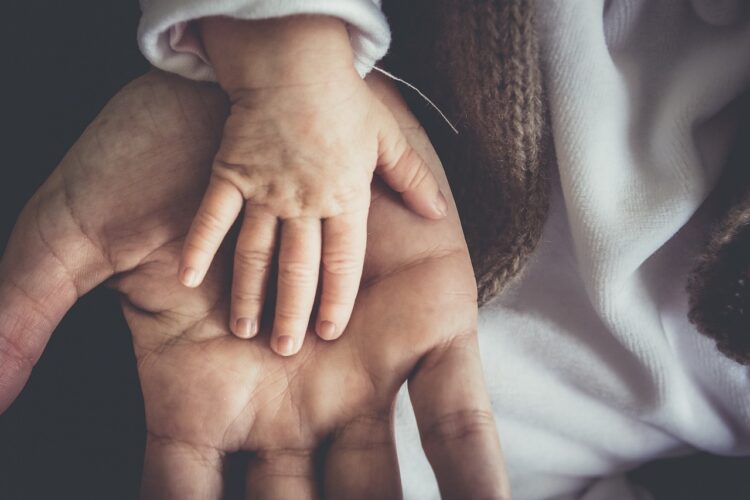
You don’t pretend to have all the answers. If your kid asks a tough question, you’re okay saying, “I’m not sure, but let’s figure it out.” You don’t rush to fix things or over-explain. You leave space for curiosity. That humility—the ability to learn with them instead of always teaching—builds a kind of trust that feels equal, not top-down.
You value quiet time more than ever.
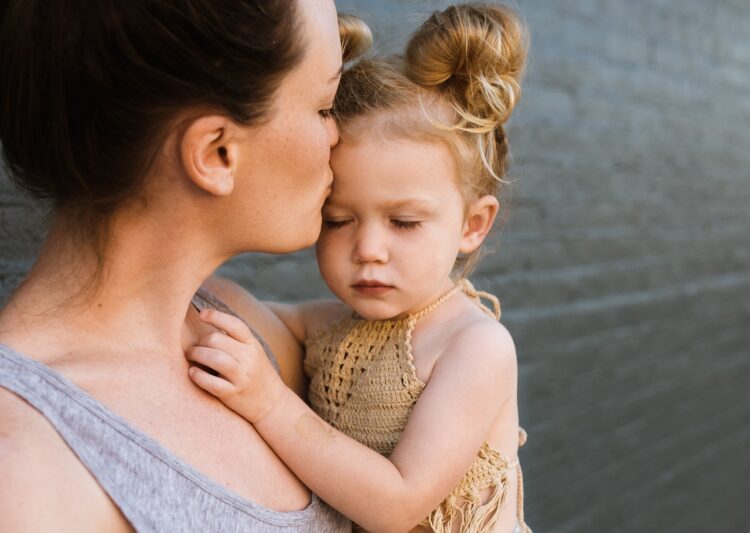
You’re not always planning the next activity or filling every minute with noise. Sometimes you just sit nearby while your child plays. No big conversation. No background music. Just being there. And that feels enough. You’ve started to enjoy these slower moments more than the loud ones. Your child feels it too—how calm doesn’t have to mean boring. It just means you’re both comfortable being together, without doing anything special.
You reflect more on your own childhood.
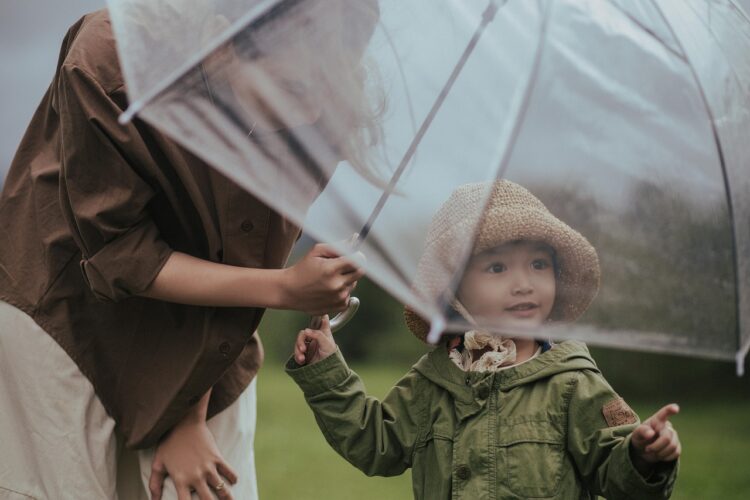
Certain moments bring back old memories. Some sweet, some difficult. And instead of brushing them aside, you pay attention. You notice how your reactions come from things you lived through. You might catch yourself repeating something you once promised you wouldn’t. But you adjust. Being older doesn’t mean you’ve got it all figured out—but you’re more aware. And that awareness helps you parent with intention.
You’re less reactive and more responsive.

When your child acts out, you pause. You ask yourself, “What’s really going on?” instead of jumping to punish. You know, anger usually hides something else—tiredness, fear, frustration. Instead of shutting it down, you look underneath. You’ve learned that calm doesn’t mean ignoring things—it means handling them with care. And that choice, again and again, changes the whole atmosphere at home.
You take more joy in the little stuff.
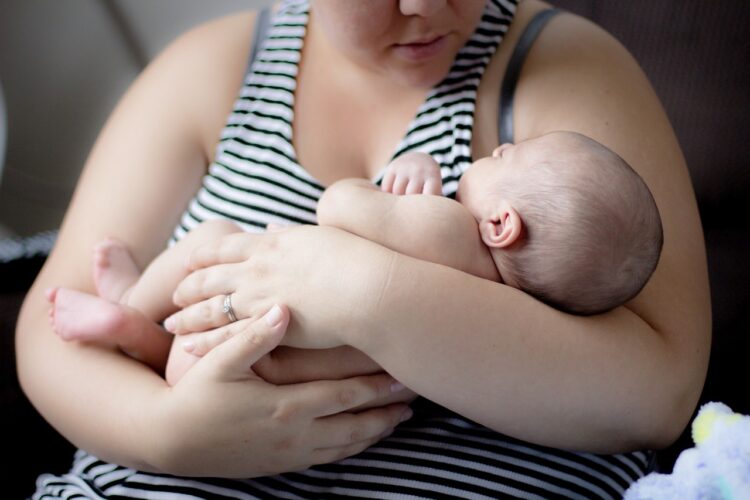
A giggle during breakfast. A crayon drawing that makes no sense. A new word mispronounced in the cutest way. You don’t miss those moments. You lean into them. When you were younger, you might’ve rushed through the day. Now, you stop and enjoy what’s right in front of you. It’s not that things are easier—it’s that you notice the good more.
You’re aware of time in a different way.
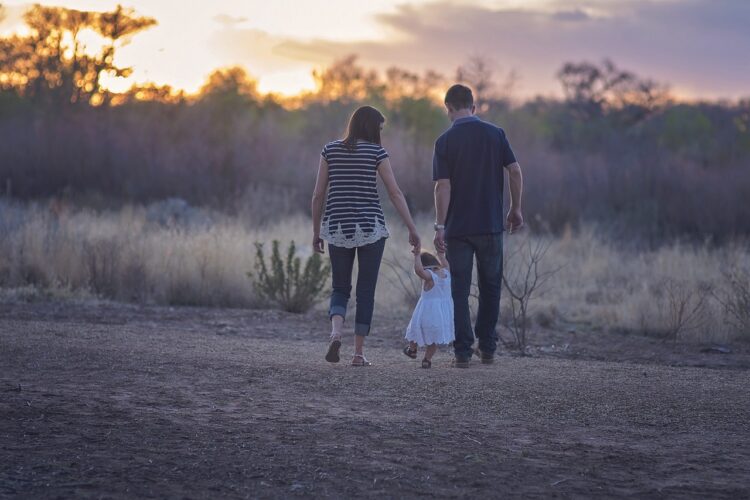
You’re more aware that these moments won’t last forever. So you slow down. You sit with your kid a little longer before bedtime. You try to be more patient, even on the hard days. You don’t rush past the small stuff like you used to. It’s not about being perfect—it’s about being here while you still can. That thought stays with you, and it shapes the way you show up.

